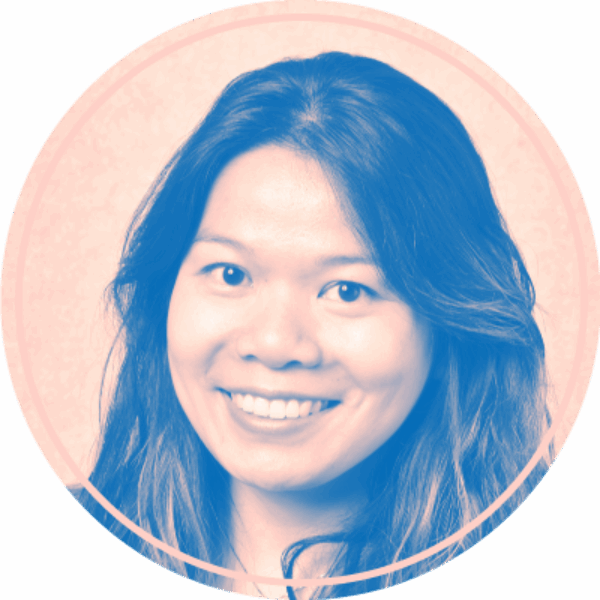Meet Our Advocates: Dr. Wing Kay Fok

What are your gender pronouns?
She/Her
Where are you from?
I grew up outside of New York City, in a small town called Pleasantville, but my parents were originally immigrants from Hong Kong.
What’s your specialty or area of expertise?
I am an obstetrician and gynecologist with subspecialty training in complex contraception and abortion care.
What first inspired you to become a doctor?
As a young girl, I remember being fascinated in health class when we learned about menstruation, sex, and puberty. I thought it was so interesting to learn about the science behind how our bodies were developing. Understanding why we were experiencing these physical and emotional changes helped me better cope with the awkwardness that comes with being a middle schooler, and I remember being grateful for this knowledge. This interest in sex ed ultimately foreshadowed my passion for women’s health. Later, when I realized that my favorite class in med school was reproductive biology and that the rotation I loved best was ob/gyn, I knew I had to pursue a career that involved caring for women.
What story about one of your patients most sticks with you?
I once took care of a patient named “Anna” who was 28 weeks pregnant. She came to the hospital because she hadn’t felt her baby move for a day. Unfortunately, on ultrasound we confirmed that Anna had a stillbirth. She and her partner were devastated. When they were ready, we counseled them on treatment options and answered their questions thoroughly. But when we were done discussing her plan, I could tell something was still weighing on Anna’s mind. I tried different ways of asking her if she had any concerns or questions and initially she just shook her head and remained silent. Finally, as Anna and her partner were ready to leave, she quietly asked me, “Dr. Fok, did this happen because I had an abortion when I was a teenager?” It was at that moment that I understood the sheer amount of guilt she carried. As women, we shoulder the responsibility of bearing children, and every action or decision can be scrutinized. I realized then that the best thing I could do as her doctor was to reassure her that nothing she had done, including her abortion over 10 years ago, had caused her stillbirth, nor was there anything she could have done to prevent it. I think of Anna frequently, and I remind myself that as a provider we often have to delve deeper in order to help our patients.
What current policy issue especially motivates you to be an advocate?
I find restrictions on medication abortions especially aggravating, because as a provider, I know just how safe and effective medication abortions are. I also understand that for many of my patients, medication abortions are the best option, because this route offers them privacy and control. So, to limit access to medication abortions due to policy that has no basis in science or medicine is doing a disservice to women. For example, I have colleagues who work in states that force them to talk to their patients about “medication abortion reversal,” which is not supported by sound research and undermines their training and authority as physicians. Recently, clinics in Arkansas stopped being able to provide medication abortions because of a law that requires physicians to have hospital admitting privileges, and now women essentially cannot access medication abortions in that state. Even though I continue to be able to serve women in California, I feel obligated to advocate for women across the country because no one’s zip code should limit them from getting good health care.
Who is your social justice hero?
Katha Pollitt. She is a feminist and a writer. Currently, she writes a column for The Nation. I read her book Pro: Reclaiming Abortion Rights when I was completing my ob/gyn residency, and it taught me a lot about the history of abortion. More importantly, it opened my mind up to different ways of thinking about abortion, socially, culturally, and politically.

